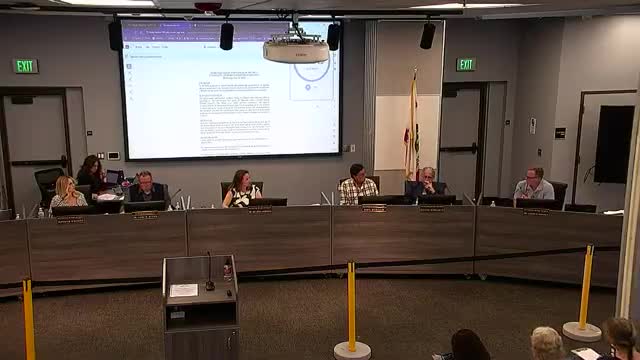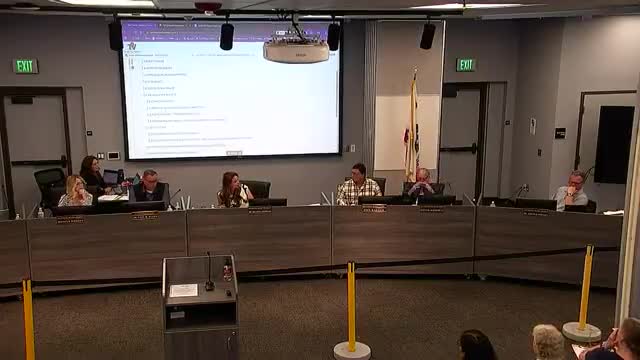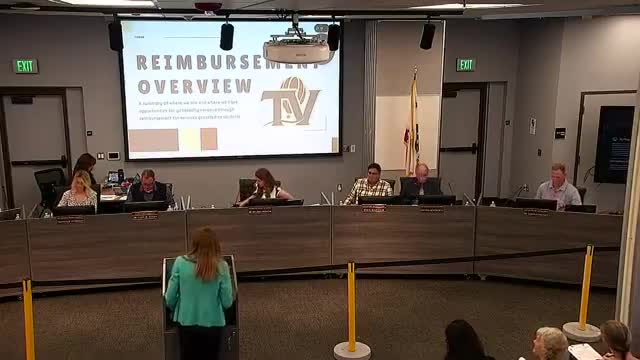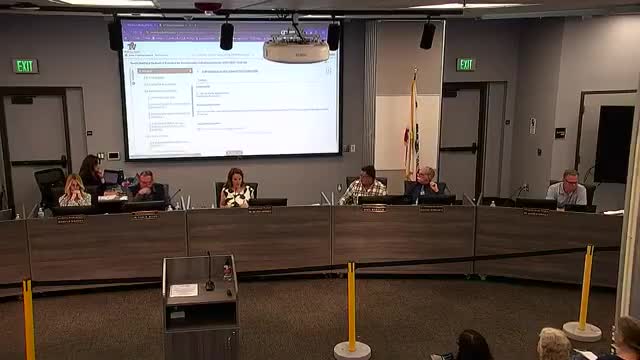Article not found
This article is no longer available. But don't worry—we've gathered other articles that discuss the same topic.

Public speakers urge board to end legal fight over resolution banning critical race theory after appeals court finds it vague

Board to refine parental‑notification policy, reinstate committee and send draft policies to attorney for review

Temecula Valley Unified outlines plan to bill services under state CYBHI after $983,835 capacity grant

